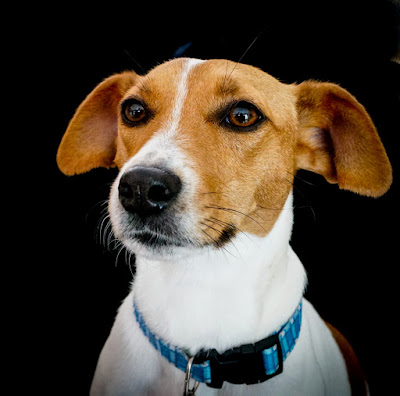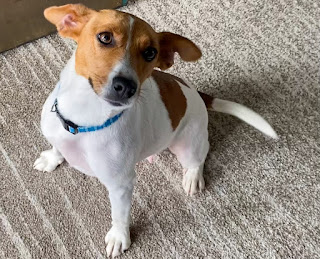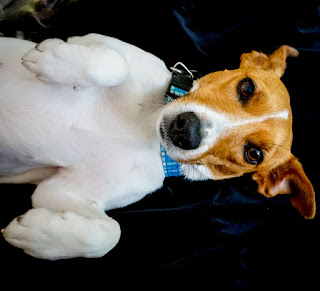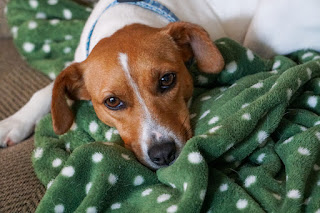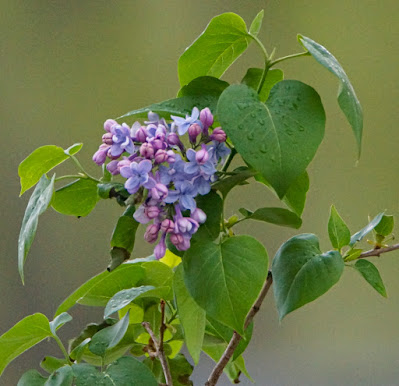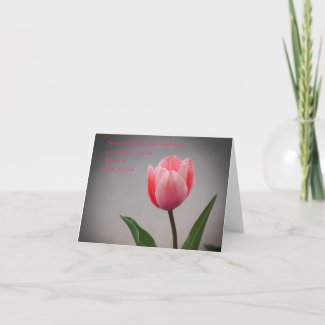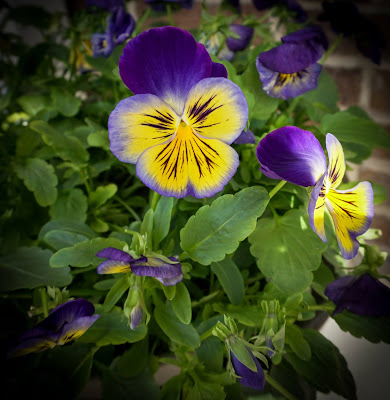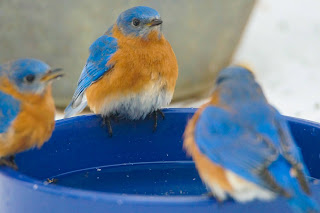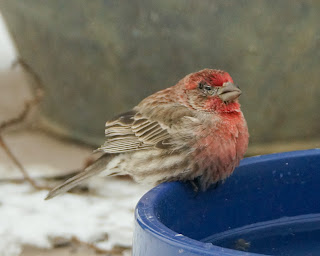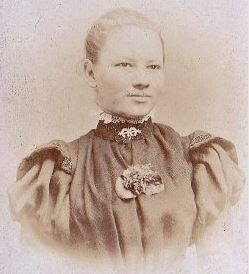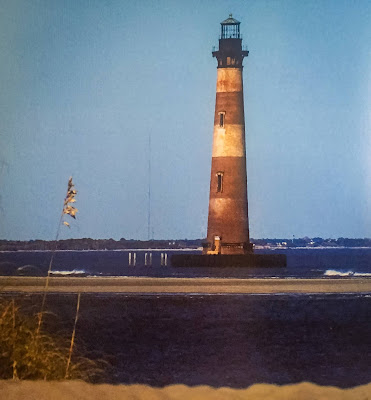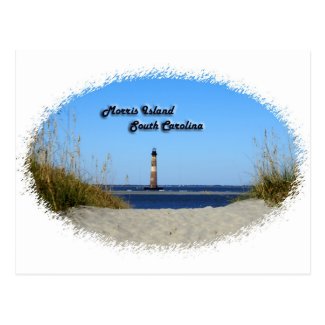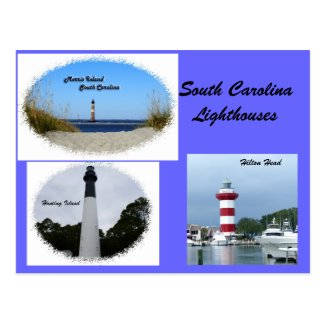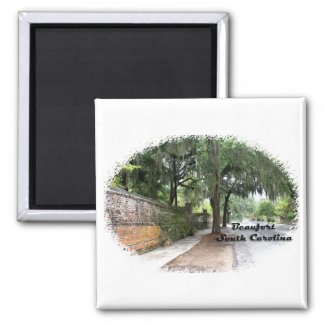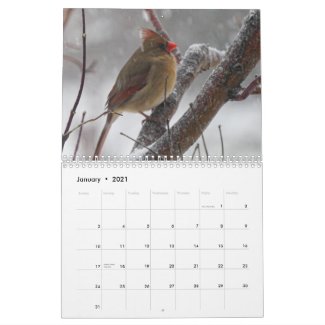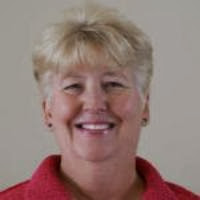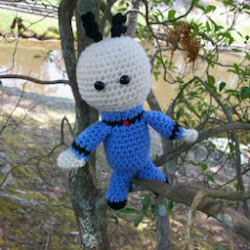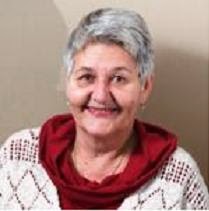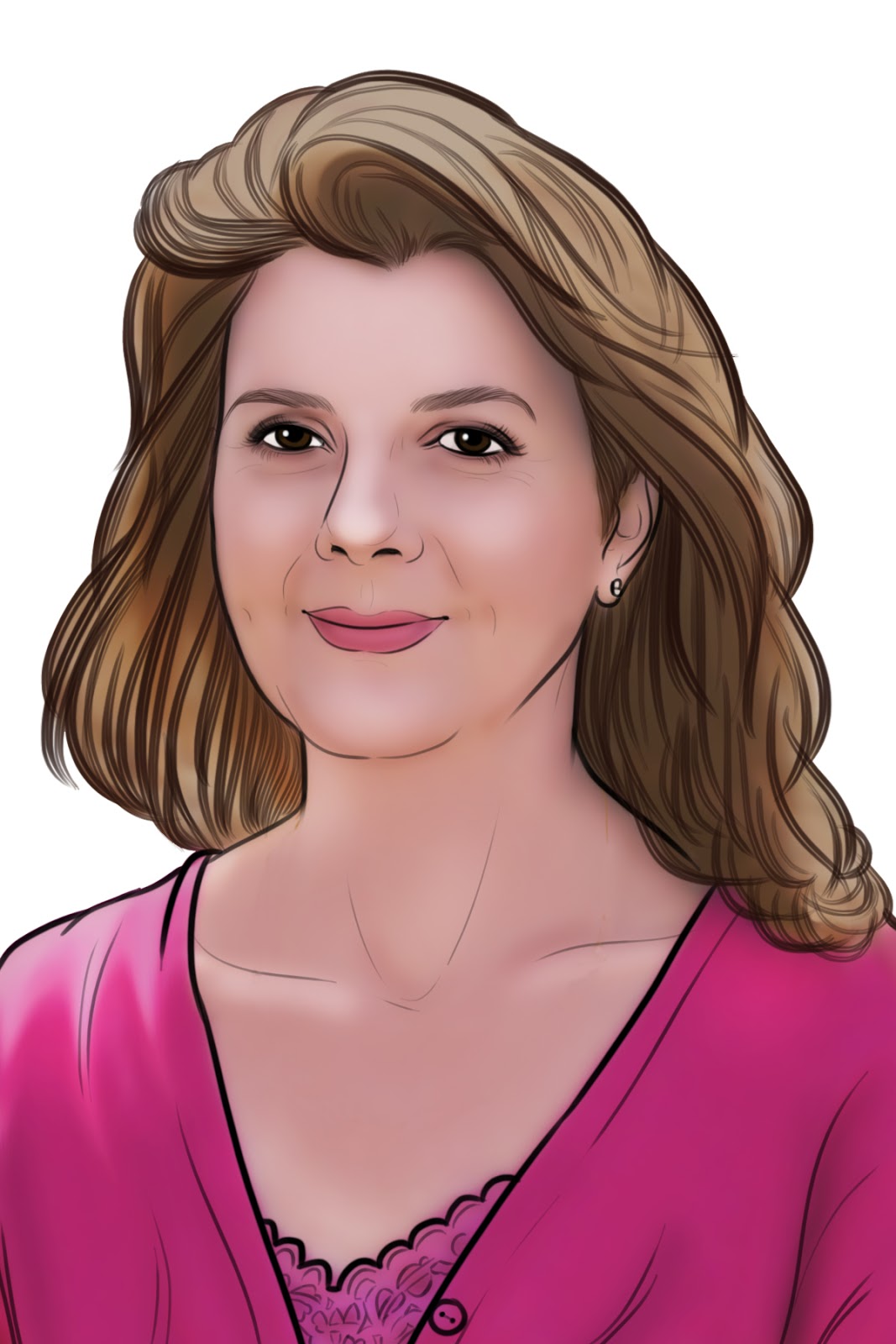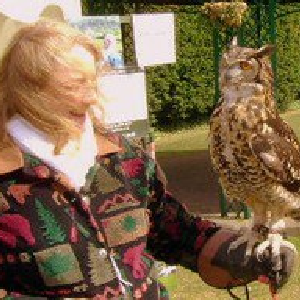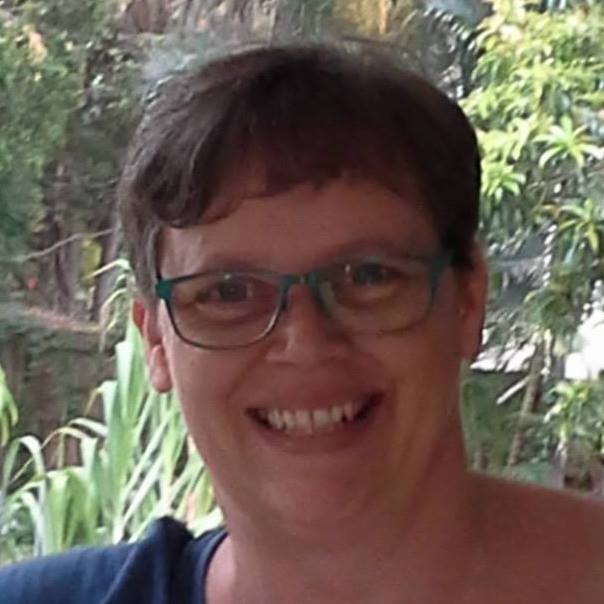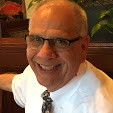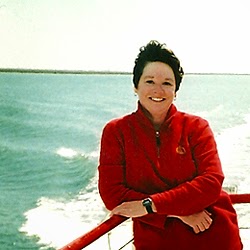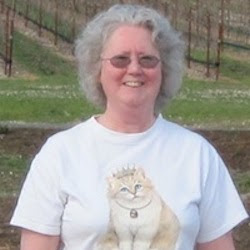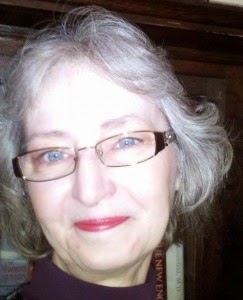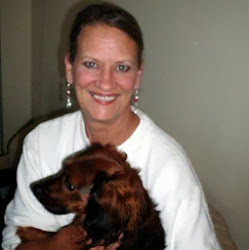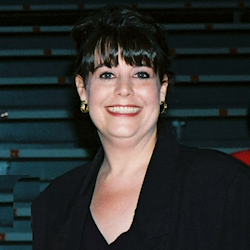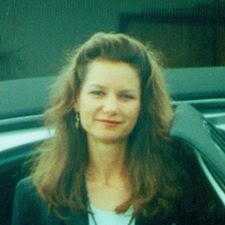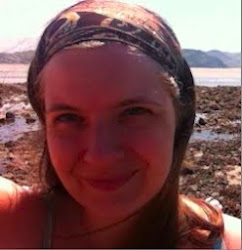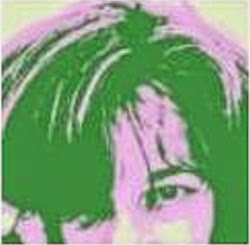Adventures in Genealogy - Discovering Your Roots
As Alice fell down the rabbit hole and discovered the secrets of Wonderland so a Genealogist can discover a wealth of addictive history while climbing along branches of the family tree. My first adventures in genealogy began quite innocently enough and I couldn’t have predicted that it would stay with me for my entire life.
I sometimes watch the television program – Who Do You Think You Are – where celebrities trace their family tree and it saddens me to think that some people don’t even know the names of all of their grandparents let alone further back. I think knowing your roots helps in making you feel confident in yourself – it means you don’t feel alone because you know you have a family that goes back and out and you’re just a little twig on this solid oak tree!
My first ‘adventure’ as I referred to it before started in school where I was asked to make a family tree which I should just mention earned me an A (not that I’m bragging or anything!). We were told to add ourselves, our siblings, our parents, their siblings and our grandparents and anything else we were able to.
The pretentious young girl that I was I made sure to add all of my grandparents’ siblings as well as the names of my great grandparents and while I was finding this out I made an amazing discovery – one of my great aunts had a marriage certificate that belonged to my great great grandparents. I wasn’t allowed to take the original to school, but my dad let me get a photocopy to take in – I don’t know why this didn’t earn me an A+, but still!
All the photographs on this post are from the author's family and are used with permission - information on the people in them can be found at the bottom of the post.
How to Start Researching Your Family Tree
Am I Descended from Royalty or is There a Criminal Mastermind in My Tree?
People want to trace their roots for a variety of reasons, years ago people would claim that their family were aristocrats – you just had to go back a while! These days more and more people want to discover criminals in their backgrounds! Whatever drives you to discover the people you’re descended from you have to start somewhere so where?
The first place to start is with the living – talk to your relatives, your parents, grandparents, aunts and uncles and find as much information as you can from them. You might find that some aren’t very helpful and that’s often because of skeletons in the family closet and with older relatives, this was often to do with birth dates and marriage dates not quite gelling or ‘sisters’ turning out to be daughters!
When I was looking into my maternal grandfather’s family mum suggested I contact her godmother who was also her cousin (we were living in New Zealand at the time and our family were from the UK). I was lucky enough that my grandfather’s sister was staying with her at the time and wrote to me herself. I had never met any of my grandfather’s family as my Nan fell out with them after his death (when I was 6) so it was great to ‘discover’ a great aunt and I still have her letters today.
I had only asked a few questions, but she had not only supplied that information but more besides including a family mystery and a scandal and the most important piece of information - my great grandfather's name wasn't what I had recorded! I had been looking for Richard Butcher, but he was actually christened Arthur Richard Butcher, he'd just used the name Richard since he'd become an adult.
What to Ask Your Relatives?
The basic questions to start with are their first names and date & place of birth – if they’re married ask for their spouse’s names and the details of their marriage along with details of any of their children.
Next, ask for their parent's details along with any of their parent’s siblings – move on to their grandparents after that.
It doesn’t matter if you already have details from other family members as it can either help confirm the information or show a discrepancy – both of which can be very helpful. You can also discover different stories AND you never know who the family secret keeper is.
There is always someone in the family (it seems) who remembers all the skeletons, hoards all of the photos and sometimes even possesses the family bible or other papers which are all great things to see (if not own) as a family historian. This person is the family secret keeper and did I mention you’re now a historian?
It's the little family stories that we hear that add the foliage to our family trees.
Don’t be in a rush as you’re talking to your living relatives either as it’s amazing the little pieces of information that they may tell you about which help you to breathe life into the photos and/or names on your family tree.
I remember a few years ago I looked at how my family tree was progressing and I felt a little dissatisfied as they were just names on paper, I didn’t know anything about them. I decided then that I would ask my parents questions about what hobbies their parents and grandparents had, did they have any idiosyncrasies about them etc. I just wanted to build up some sort of an idea about who they were and a few of the stories that I’ve been told have really helped bring my tree to life.
Family stories also sometimes have a little grain of truth in them (after all the tales had to come from somewhere) and when you hit a brick wall you can try throwing out some of the information – I used a name that some branches of the family used with our surname and some had dropped that apparently had something to do with grandma (it hadn’t!) and also a tea plantation that the family owned. Well I had hit a brick wall so I did a broad search for our surname with the other surname and I found a marriage between what would turn out to be two great grandparents – I don’t think a train driver owned a tea plantation though, but it was a help nonetheless.
 |
| Eli & Alice Read with children Edward, Lona & William |
Birth, Death & Marriage Certificates
Getting More Information on Your Ancestors
When I was first setting out on my genealogy adventures the advice was to get birth, marriage and death certificates on everyone and they’re definitely full of invaluable information. Unfortunately this does get expensive which is where the internet has been invaluable in both providing free information on births, marriage and death (bmd) records and also in helping you get in touch with other people who are researching your family.
I’ve been able to share certificates & research with people around the world and we’ve all benefited by filling in different parts of our histories.
Now, what information is found on these certificates? Certificates look different in different countries and can also show different bits of information.
Birth Certificates will show both parents’ names as well as the full name and date of birth of the family member in question. Birth certificates can also show the father's occupation as you can see on the certificate below of one of my great grandmothers.
 |
Birth Certificate of Lily Mary Maud DEAN
|
As with all the certificates different countries will supply different information for example on the New Zealand birth certificate that I have for one of my husband's relatives it shows not just the father's details but the mothers' names and maiden names as well. I think that New Zealand certificates were designed by a genealogist myself!
Marriage Certificates show the names of the bride and groom as well as their fathers (and of course details of the marriage). Other information shown can differ from country to country. I've enclosed the marriage certificate that ignited the genealogy bug in me way back in the 80s for you to look at.
This certificate is too long for me to scan fully (a problem with a number of UK certificates), but I hope you like it anyway. The date of the marriage was 31st Jan 1877 and as a schoolchild trying to wrap my head around the fact that it was only a little over 100 years beforehand and my great grandparents couldn't write was just mindblowing!
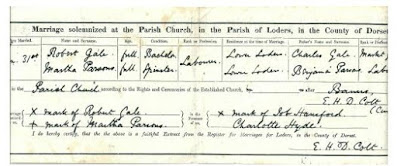 |
| Marriage Certificate of Robert GALE & Martha PARSONS |
When it comes to death certificates, most of the ones in my genealogy files are from the UK which shows the date of death, name of deceased, sex, age, occupation and cause of death. I'm going to show you a scan of my husband's grandmother's death certificate here instead though because it's a New Zealand death certificate.
Like the marriage certificate, the New Zealand death certificate also has a wealth of information contained on it and really is a treasure trove for people tracing their family tree.
 |
| Death Certificate for Clara Emily COX nee PEASE |
This certificate can hold a lot of information and I love that surviving issue is included as it's not always easy to find all of the birth records when you don't know how many children a couple has had together. Another part that is very handy for a country that's based so much on immigration is the question - how long in New Zealand.
The thing with death certificates, however, is that the information is only as good as the surviving family members know and as you can see her mother's maiden name obviously wasn't remembered (or known) by her family which is a shame.
Free Alternatives to Getting 'Official' Certificates
One site that I have used in the past is called FreeBMD and is great for finding UK ancestors. It’s not a complete site but they use volunteers to transcribe records of births, deaths & marriages from 1837 throughout England and Wales.
http://freebmd.org.uk/
The drawback is that you don’t get the extra information, but it’s still very handy. I knew the names of two of my great grandparents and by using freebmd I was able to find when they were married and in which district which meant I could send away for their actual marriage certificate. This was incredibly helpful as I had no idea when they were married.
Parish Records are another way of finding out information and if you’re researching for family in the UK then some counties have an Online Parish Clerk which is fantastic. Different counties have different resources available online and some of the clerks will actually do a little digging for you if a census (for example) hasn’t been fully transcribed at the time. Of course, these positions are voluntary and every clerk is different with different work loads etc.
I’ve used the Dorset OPC site and found it really great, other OPC sites haven’t had the information I’ve wanted for different family members, but I have only viewed a few of them so the best thing you can do is to Google county (the one where your ancestors are from) online parish clerk or opc and you’ll find the right page for you. Be sure to check the counties on either side if you don’t find the information you need in the county you thought they were in. A couple of different family lines of mine popped into neighboring counties for a few years here and there!
 |
| Arthur BUTCHER & daughters |
Census Records - A Family Historian's Goldmine
Material a Genealogist Can Get Their Teeth Into!
As well as parish records you can look at a lot of census records for free – UK census records anyway. I use a site called FreeCen for a lot of my research – they’re run by the same people who provide us with FreeBMD that I’ve mentioned before.
For my Dorset relatives, I don’t have as much luck with the site however and I tend to go to the Dorset OPC as they have some of the early census returns transcribed so be sure to use both resources.
It can be incredibly handy to trace the family using several resources and the census is great for this, it even helped us to take our family tree up a few more branches on one line. The moral to the story is to take note of all members of the household listed as if one disappears you can search for their name and you might discover them staying with other relatives – it happened on one of my adventures which I talk about under the 'putting the family tree together' section.
Army Records
Another Way of Tracing Your Family
If you have an ancestor who was in the army then I would recommend you get their army records as they can have some great information in them. It seems as though every regiment holds different information - in the case of one of my grandfathers I received about 5 pages worth from his regiment, but with my husband's great grandfather we only received a single page.
Both regiments provided the age of the soldier when they joined up (be aware that at certain times in the past this was lied about and not always checked by officials!), where they joined up to (this can be handy if you want to know where they were living at the time) and their occupations at the time.
The records will also usually show identifying marks on the body such as scars and the fact that great grandfather had a tattoo before he joined the army! The records also show where they were stationed - one of the regiments had very little on his actual duties except the place where his regiment was stationed for the time he was in there.
Another regiment's records had a lot more information, including how much time of service was spent abroad, what battles he participated in and medals awarded.
Let me tell you how using army records gave me the first break in tracing one part of the family tree ......
Putting the Family Tree Together
Being a Family Detective
My daughter doesn’t know why I like history, but I think of it as being a little bit like a detective which appeals to her a lot more. When you’re researching the family history it really is like being a detective as no one (unless you’re extremely lucky) has written a number of books on your family for you to use as research tools. Instead, you have to look at things like certificates, census returns and other records.
Let me tell you about how we tracked our family back a couple of generations by using free records.
My husband’s great grandfather had served in the army, but we had no idea what part of England he had originated from (we just knew he ended up with his family in New Zealand). He was buried in a returned services cemetery and his regiment was listed on his grave so I wrote them an email and got his records sent to me.
On his records, it included where he enlisted to along with his age and trade. He joined the army in 1904 so I took a chance that he’d be living in the same area in 1901 and looked at the census and there I saw him living with his widowed mother and some siblings. Looking at the census for 1891 I found both of his parents, himself and some siblings – one sibling was missing so I searched for him as well. I wasn’t really expecting to find him, but I did and he was listed as a grandson which gave me the (possible) maiden name of great-great-grandma. Armed with this information I then looked for a marriage using the ‘new’ name in the family tree and there it was!
Another generation discovered and another name to add to a branch of the family – always remember to keep track of siblings along the way.
Other reasons for keeping track of a sibling’s name is to make it quicker to find the family on census returns, let me give you an example. On one side of the family, my direct descendant is called Richard a fairly common first name, but he had a brother called Twentyman which isn’t so common so if I were to search for census returns I’d look for his brother’s name first to find the household and hope they were both at home together on census night!
More on Military Records in Genealogy
- USA Military Records
Now I haven't used this site as I don't have any ancestors in the US (that I've found yet anyways!), but this site is part of the National Archives and tells you how to go about researching your genealogy in military records. - British Armed Forces Records
If you have relatives that served in the British Armed Forces then this is one site to start looking on. I actually just Googled the regiment when I was looking for records and my father got the other records so I'm not sure how good this site is, but it's at least a stepping stone.
 |
| Peder (Peter) Christian HANSEN |
Eek! I've Got the Wrong Surname!
Adventures in Genealogy Sometimes Have Unexpected Twists
Genealogy 101 says you need certificates and this makes it quite an expensive hobby, I have often bypassed the certificates and used parish records, census records and other free online resources to trace the family tree, but occasionally that can backfire!
I had been tracing my husband’s paternal line and I couldn’t find his grandfather’s birth details anywhere – apparently, he was born in India, but I couldn't find any birth details of anyone by his name at all. Luckily my husband’s great-granddad lived with his family for a while and was buried in the cemetery in his hometown. He had been in the army so I took the name of his regiment from his gravestone and wrote to them – army records can be an invaluable source of information for family historians. What I found in these records enabled me to trace his family back a couple of generations, but I still couldn’t find granddad even with the dates that great-granddad was serving in India to go on.
I hadn’t looked at this side of the family for a while and decided to do another search for him along with another surname which I know had something to do with the family – it wasn’t further up the line as far as I’d gone, so maybe it was great grandma’s name. Hello, I found the marriage – they were married in India a month after he left the army, but the timing of the marriage didn’t gel with when my husband’s grandparents were married (grandad would've been too young) – things were getting murky.
Looking at the details of the marriage it noted that great-grandmother was older than great-grandfather and also a widow. Just for the heck of it, I decided to search for grandad using her former married name and there he was – turns out the great-grandad that lived with the family and who everyone loved (grandad wasn’t let in the house – long story) was actually step great grandad so the family tree I’d been tracing didn’t actually belong to the right family :(
Now what was I told was genealogy 101? That’s right – get certificates!
 |
| Edward Arthur READ |
Genealogical Links
Great Links to Help You Trace Your Family Tree
This free family search website is really good and I've recently had a lot of luck with their Indian data (this has obviously been updated since I last looked for this branch of the family).
If you're tracing family in the States this looks like a great site. I don't have any family lines in America, but I like the look of this site and I especially like the cemetery transcriptions - they are really handy.
Find My PastThis is a site that I have used in the past even though you do have to pay, I found quite a few records on one side of my family which made it worthwhile for me. There is also an American site available too which has a good reputation.
Photographic Stars - Names & Dates
Historic Photos From My Family Tree
I hope you've enjoyed the family photos I've included in this article, but what if you think some of them look familiar or you just recognize a name? Well if that's the case here's information on them and if you think there may be a family connection feel free to send a private message to me via Facebook.
Introduction Image
The image in the introduction is of Alice Beatrice GALE born 11 Oct 1884 at Loders, Dorset, England. Alice was one of my great-grandmothers.
Eli & Alice READ with children Edward, Lona & William
This image is of Eli Reuben READ born 01 Jan 1879 at East Coker, Yeovil, Somerset, England along with his wife Alice (the same lady mentioned above) who were married on 14 Jan 1904. They had eight children and are pictured with three of them from left to right they are - Edward Arthur READ (born 07 Sep 1907), Lona Frances Emily READ (born 21 Jul 1904) and William George READ (born 18 Dec 1905 ).
Arthur BUTCHER and daughters
This image is of Arthur Richard BUTCHER born 30 Nov 1873 at Caterham, Surrey. He was one of my great grandfathers and is pictured with his daughters at a wedding. The daughters are from left to right - Queenie Etta (born 19 Sep 1918), Constance Christina Winifred (born 17 Sep 1914), Mabel Beatrice (born 11 Feb 1898) , Eirene Hilda Dorothy (born 19 Sep 1899), May COMPTON (half sister) Gladys Kathleen (born 23 Apr 1906), Gwendoline Dorcas Joyce (born 27 Apr 1916)
Peder (Peter) Christian HANSEN
This image is of Peder (Peter) Christian HANSEN who was born 3 Dec 1829 at Tommerup, Funen Island, Denmark. He was one of my husband's great-great-grandfathers and emigrated to New Zealand in 1874.
Edward Arthur READ
This image is of Edward Arthur READ (the same person in the photo with his parents Eli and Alice) who was born 7 Sep 1907 at Loders, Dorset, England. Edward was one of my grandfathers although I never got to meet him as he died before I was born.
I think photographs really help bring your family tree alive, but unfortunately, some of them can be in disrepair. I've come across ones that have been ripped, covered in age spots and more. I did write a post about removing blemishes in photoshop if you have some old photos that do not look their best.
Are you interested in tracing your family tree?
Note: The author may receive a commission from purchases made using links found in this article. “As an Amazon Associate, Ebay (EPN) and/or Esty (Awin) Affiliate, I (we) earn from qualifying purchases.”
